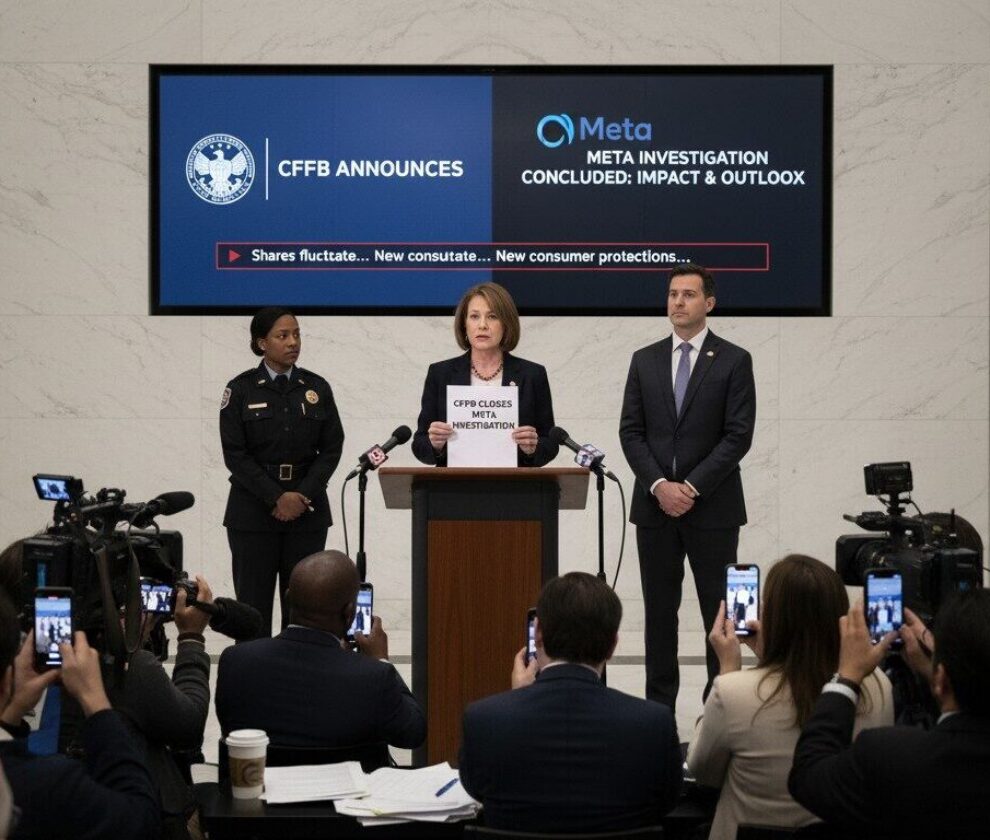Introduction: A New Cybersecurity Breach in France
Cybercrime is evolving rapidly, increasingly targeting governmental institutions. A recent incident involving the French National Assembly underscores the serious challenges public bodies face in protecting sensitive data. This breach, allegedly occurring on October 20, 2025, highlights vulnerabilities in cybersecurity frameworks and raises important concerns for policymakers and the public alike.
The Compromised Information
Preliminary reports indicate that the data exposed in the breach includes:
- Personal identity cards (ID)
- Full names
- Individual genders
- Regional departments and names
- Constituency details of elected officials
- Affiliated political groups
- Official and personal email addresses
This raises significant concerns, as exposed data could potentially facilitate malicious activities like phishing schemes or identity theft, posing a grave threat to individuals and public trust.
Impact on the National Assembly
The ramifications of such a cyberattack extend far beyond the breach of individual privacy. It undermines public confidence in governmental institutions and could disrupt political processes. Breaches like this one could also serve malicious actors aiming to destabilize governmental decision-making or influence democratic processes.
Motivational Analysis
While the exact motives behind this cyberattack remain ambiguous, several plausible theories have emerged:
- Stealing data to sell on the dark web.
- Espionage with the goal of gathering strategic information.
- Political destabilization of governmental institutions.
Irrespective of the attackers’ objectives, the consequences are serious, impacting not only the institution but also everyone whose data was exposed.
Prevention and Countermeasures
In an era where data security is paramount, institutions must adopt more stringent safeguards. According to cybersecurity experts:
“Governments need to invest in technology as well as employee training to counter digital threats effectively.”
Implementing methods such as multi-factor authentication, network segmentation, and comprehensive team awareness training can significantly mitigate future risks.
Legal Framework and GDPR: A Persistent Gap?
The General Data Protection Regulation (GDPR) sets a high standard for safeguarding personal data across Europe. However, this incident illustrates that even institutions governed by strict compliance regulations are still vulnerable. A thorough investigation must be conducted to identify weak points and to prevent similar incidents in the future.
Conclusion: Lessons and Forward-Looking Insights
The National Assembly data breach serves as a stern reminder of the vulnerabilities in contemporary IT systems. It underscores the urgent need for enhanced cooperation between technological advancements and legislative measures to protect sensitive information.
At My Own Detective, we specialize in providing robust cybersecurity solutions tailored to meet the unique needs of both public and private organizations. Reach out to us today to learn how we can help secure your infrastructure against cyber threats.


